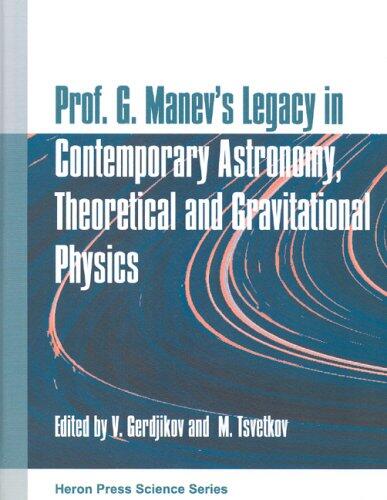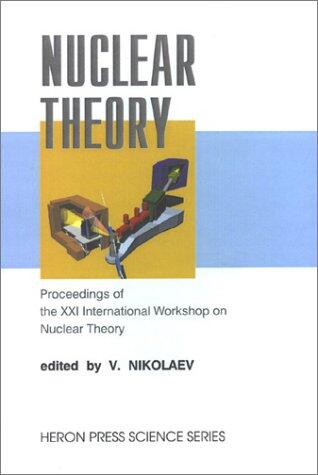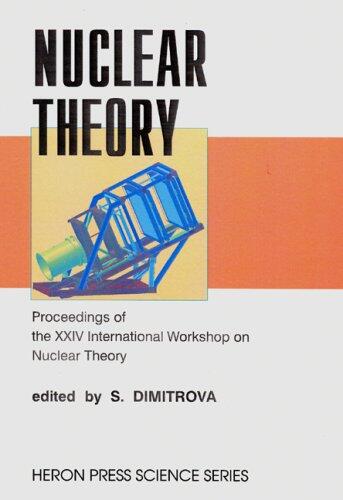
Prof. G. Manev's Legacy In Contemporary Astronomy, Theoretical & Gravitational Physics
by
V. Gerdjikov
,
M. Tsvetkov
No ratings yet
Science & Technology
Format
Hardcover
Pages
345
Language
English
Published
Jan 1, 2005
Publisher
Heron Pr
ISBN-10
9545801832
ISBN-13
9789545801839
Description
This scholarly work delves into the profound impact of Professor G. Manev on contemporary fields such as astronomy, theoretical physics, and gravitational physics. It bridges the gap between historical contributions and modern advancements, illuminating how Manev's ideas continue to shape current scientific discourse.
The authors, V. Gerdjikov and M. Tsvetkov, meticulously explore Manev's theoretical frameworks, offering insights into the challenges and implications of his work. They contextualize his theories within the broader scientific narrative, examining how his legacy informs current research and theoretical models.
With an emphasis on clarity and accessibility, the book aims to not only honor Manev's contributions but also inspire a new generation of physicists and astronomers. By highlighting the relevance of his theories in today's rapidly evolving scientific landscape, the authors invite readers to appreciate the continuity of knowledge that resides in Manev's legacy.
The depth of analysis and breadth of topics covered make this a compelling read for anyone interested in the intersections of past achievements and future possibilities in the realm of physics and astronomy.
The authors, V. Gerdjikov and M. Tsvetkov, meticulously explore Manev's theoretical frameworks, offering insights into the challenges and implications of his work. They contextualize his theories within the broader scientific narrative, examining how his legacy informs current research and theoretical models.
With an emphasis on clarity and accessibility, the book aims to not only honor Manev's contributions but also inspire a new generation of physicists and astronomers. By highlighting the relevance of his theories in today's rapidly evolving scientific landscape, the authors invite readers to appreciate the continuity of knowledge that resides in Manev's legacy.
The depth of analysis and breadth of topics covered make this a compelling read for anyone interested in the intersections of past achievements and future possibilities in the realm of physics and astronomy.
Reviews
Reading Log
No reading logs found
Start tracking your reading progress to see logs here
Add Your First Reading LogNotes
Transaction Log
No transaction logs found
Start tracking your book transactions to see logs here
Add Your First Transaction Log







